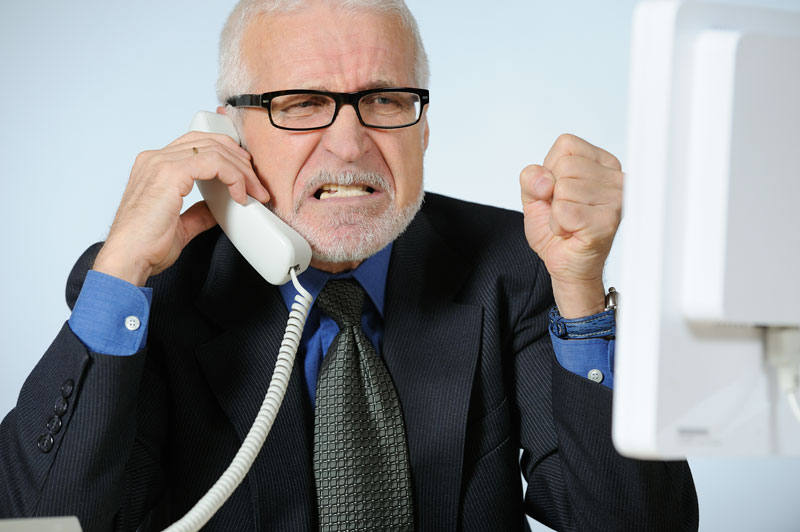Household Bills
Watchdog to clarify cost of premium numbers

Ofcom is to bring in major changes to how telephone numbers are charged in a bid to make the cost of calling businesses and services clearer for consumers.
The telecoms watchdog aims to tackle consumer confusion over how much it costs to call companies, public bodies and other organisations on numbers starting with 08, 09 and 118.
Services provided on these ‘non-geographic’ numbers include information, banking, directory enquiry and entertainment services.
Currently, unless using a BT landline, callers to these numbers cannot easily tell how much they will be charged.
However, Ofcom says that under the proposed new rules, consumers will pay a single ‘access charge’ to their phone company for all calls to these numbers, plus a ‘service charge’ to the company or organisation they are calling.
Phone companies will be required to inform customers of their access charge when they sign up to a new service, and it will appear on bills; while service providers will specify the charge for their service wherever they advertise or communicate it.
Ofcom says that consumers will be able to understand the exact cost of making the call by adding the access and service charges together.
Commenting on the proposed new rules, Dominic Baliszewski, telecoms expert at broadbandchoices.co.uk said: “Greater cost transparency and simplicity of charging is badly needed in the landline and mobile phone sector; we regularly hear from consumers who are confronted with charges on their phone bill that they were unaware of.
“Ofcom’s proposals are a step in the right direction but we would like to see the onus placed upon phone providers to flag these higher costs to customers regularly – not just at the start of a contract.”
Ofcom has also said that calls to 080 (Freephone) numbers will be made free from all telephones. At present some phone companies, particularly mobile providers, charge for calls to such numbers.
Baliszewski added: “Making ‘080′ numbers free from all telephones including mobile phones is excellent news since it’s rarely practical to redial from a landline to avoid charges for what are generally assumed to be ‘free phone’ numbers.”
The watchdog is in consultation on the remaining details of the new rules.